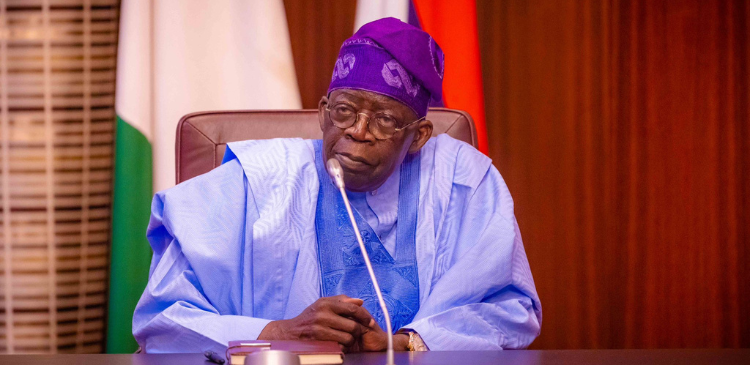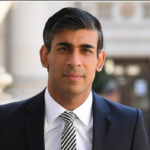
Civil rights activists have discredited the National Assembly’s approval of President Bola Tinubu’s request of N500bn to cushion the effects of the removal of fuel subsidy on the poor, noting that it is better invested in infrastructure as there is no dependable data system to carry out a transparent, impactful process.
The reactions came Thursday following Tinubu’s move for “approval of an additional $800m for the funding of the National Safety Programme,” under which the Federal Government will transfer the sum of N8,000 monthly to 12,000,000 poor and low-income households for six months. The cash will be digitally transfered directly to the bank accounts and mobile wallets of beneficiaries.
Meanwhile, the policy has been greeted with several reactions from opposition parties, the Nigerian Labour Congress and other stakeholders.
In a telephone conversation with Saturday PUNCH, the Executive Director of the Civil Society Legislative Advocacy Centre, Auwal Rafsanjani, said the need of Nigerians was not N8,000 monthly, but relief through infrastructure in the transportation, electricity, food production, and health care sectors,
He added that sharing of money would result to having funds that would not be accounted for.
He argued that there were no frameworks on how the indigent individuals would be identified, hence, the mechanism for sharing the fund had not been put in place.
“I think what Nigerians are looking for is relief in the area of transportation facilities. Nigerians are looking for relief in the area where potential services like electricity are stable, places where they can invest in food productions, areas where they can get relief in terms of healthcare.
“There are no frameworks on how to identify the vulnerable. Also, the mechanism for sharing the money is also not in place. There is some guide for community leaders, religious leaders, labour leaders, civil society groups, and even the NBA and FIDA.
“If you want to do a transparent something and to ensure that the money goes to the right set of persons, you must have this category of persons in every community, and what they should do is to ensure that any money that will be given should go to the entire local government such that the money is not in the hands of one agency,” he noted.
Also speaking, a social commentator, Jackson Omenazu, stressed that Nigeria’s poor data system would not achieve a transparent palliative process that involves sharing of funds.
According to him, the N500bn palliative fund and an additional $800m, as requested by the President, could go a long way in fixing the three refineries in the country and resuscitate some companies which are moribund.





